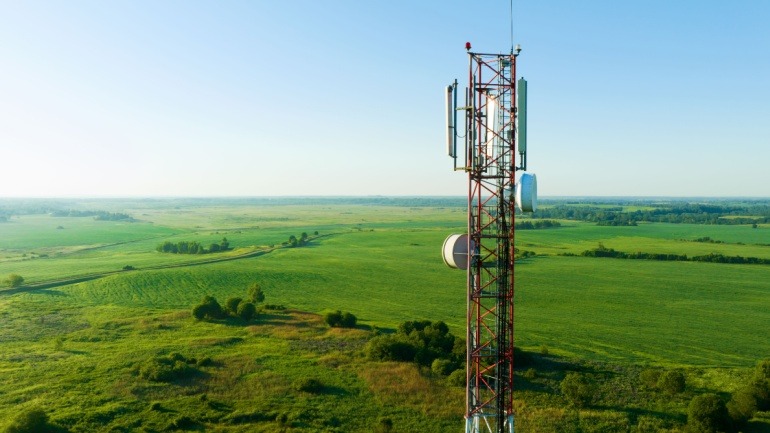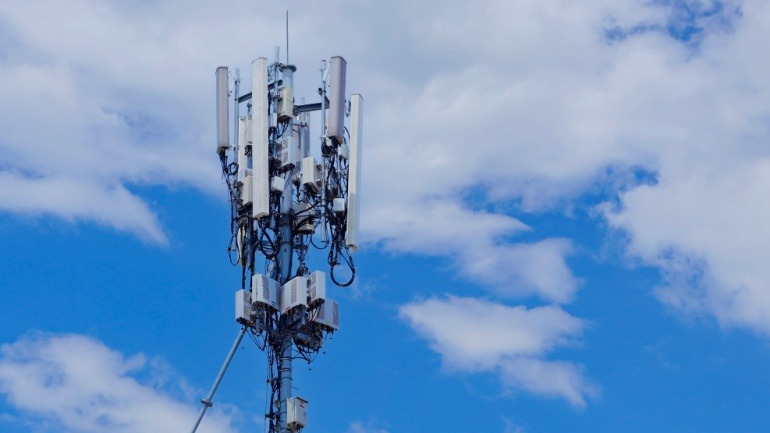Vodafone is pioneering an innovative use of its mobile network by conducting a trial in the River Severn area for short-term rainfall prediction, known as nowcasting. By collaborating with Wireless DNA, Vodafone analyzes signal data affected by rain, which can enhance weather forecasting accuracy beyond traditional methods.
The UK government is investing £23 million in telecommunications research, enhancing 5G, AI, and cloud computing. Funding supports regional projects in Belfast, West Midlands, and Glasgow, with £7 million improving business infrastructure and £15 million advancing AI.
ZTE Corporation, alongside China Mobile, launched innovative AI-driven 5G-A solutions at MWC 2025. These advancements in 5G-A technology, including ‘Communication-Sensing-Computing-Intelligence’ and ‘Ambient IoT,’ promise groundbreaking transformations in industrial applications.
Telefónica has selected Nokia to supply 4G and 5G core network services for enterprises in Spain, enhancing low-latency solutions like industrial robots and IoT. Simultaneously, Telefónica is advancing its quantum strategy with the BasQ Alliance, hosting Fujitsu’s Digital Annealer to drive innovation in finance, energy, and telecom.
Vodafone Spain is deploying a private 5G network at Geoalcali’s Navarra mine to enhance safety and efficiency. Integrating 4G for equipment connectivity, it enables real-time data access, remote machinery control, and automation.
Discover how the cutting-edge collaboration between Vodafone and Oracle is revolutionizing IoT connectivity. By merging Vodafone’s expansive global reach with Oracle’s cloud expertise, businesses gain access to seamless, secure communication solutions.
The Republic of Korea Navy is enhancing its military capabilities by implementing a private 5G network for its Smart Naval Port project. This collaboration with Samsung and KT aims to revolutionize naval operations with AI-enabled connectivity, real-time video control, and optimized security.
Nokia introduces a Private Wireless Sustainability Calculator to boost industry sustainability through private wireless networks. Leveraging extensive deployment experience, this tool aids enterprises in achieving environmental and social goals. Key benefits include lower carbon emissions, improved safety, and cost savings, crucial for Industry 4.0 applications like drones and digital twins.
NATO’s HEIST initiative enhances global internet resilience by integrating subsea cables and satellites, aiming to safeguard against data traffic disruptions. GoTo harnesses generative AI to improve customer experiences, while China Unicom and Huawei launch a 5.5G network in Beijing, and Swisscom and Nokia deploy a nationwide drone network in Switzerland for safety and industrial monitoring.
MasOrange has launched its 5G Standalone (SA) network at the Port of Barcelona, revolutionizing mobility services. This innovative 5G deployment promises ultra-low latency, enabling precise operations and extensive real-time tracking. With a 3.6 million euro investment, the network enhances connectivity, benefiting port operations, security, and surveillance through comprehensive 5G coverage.













